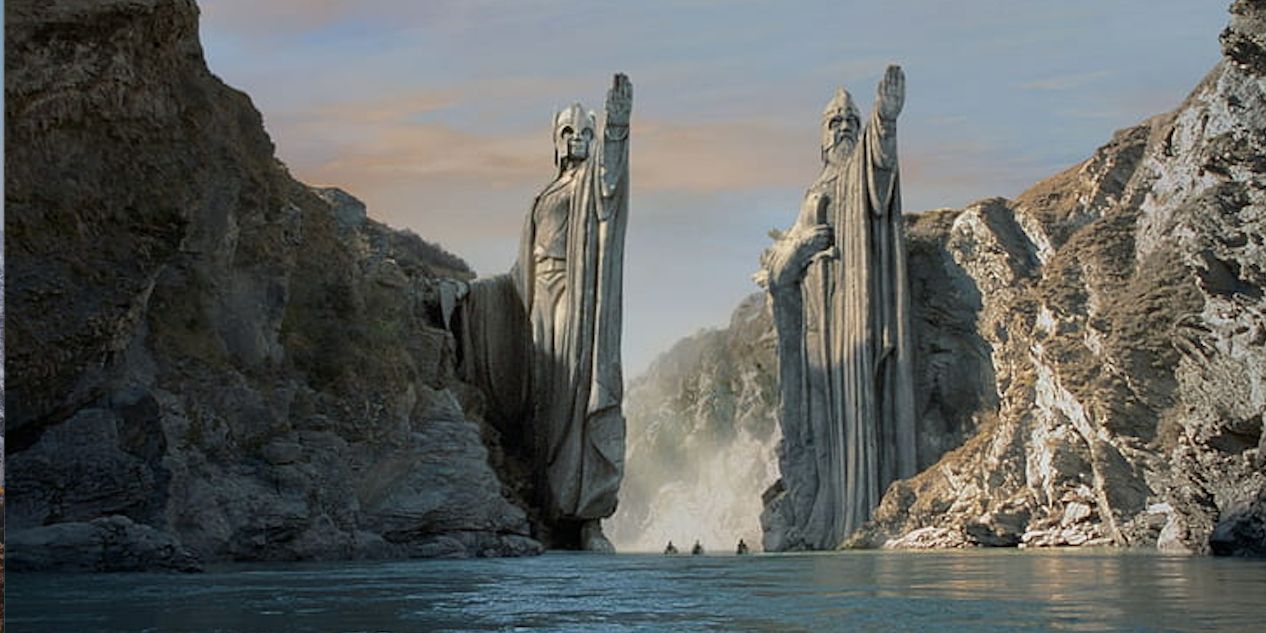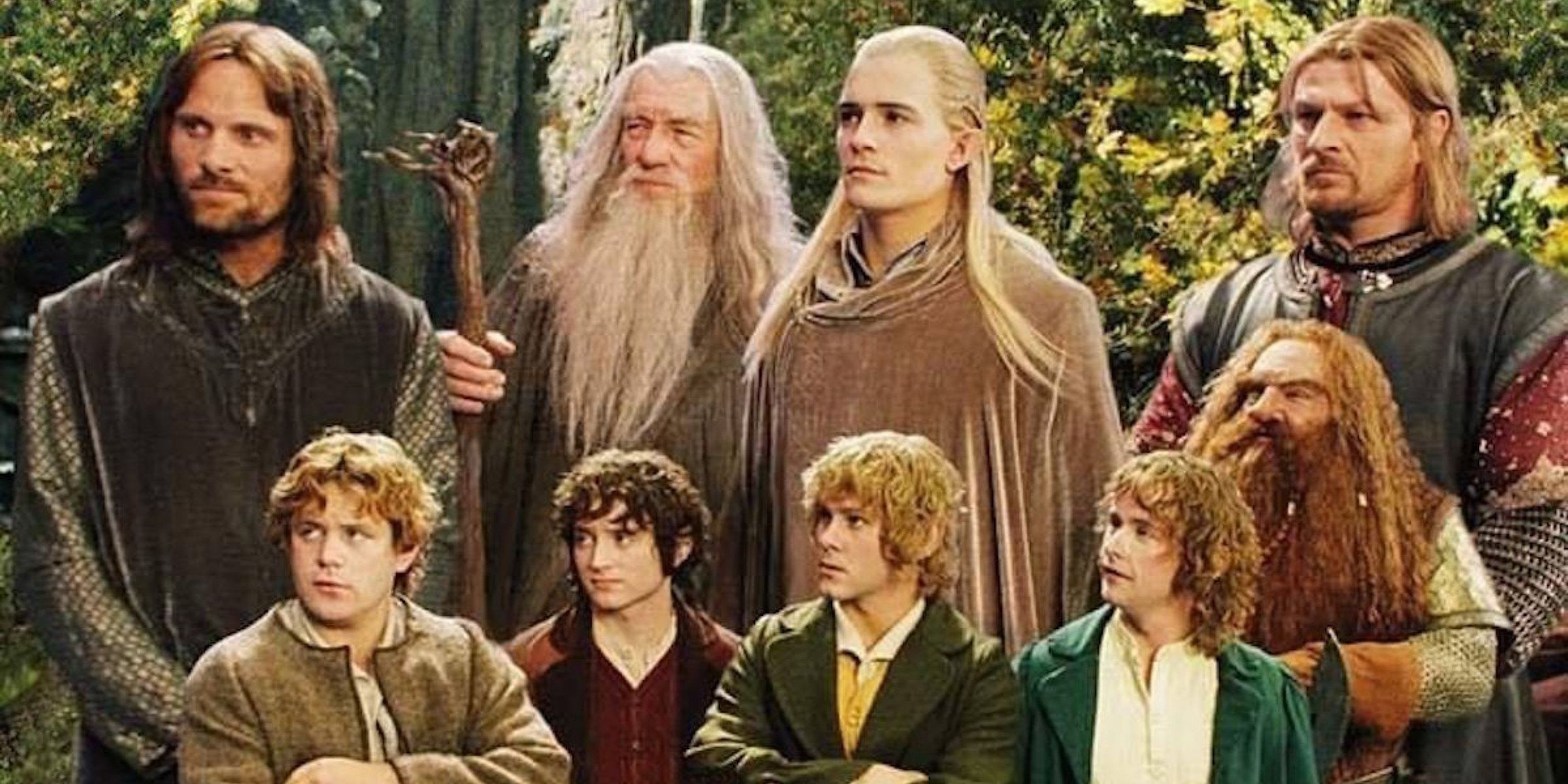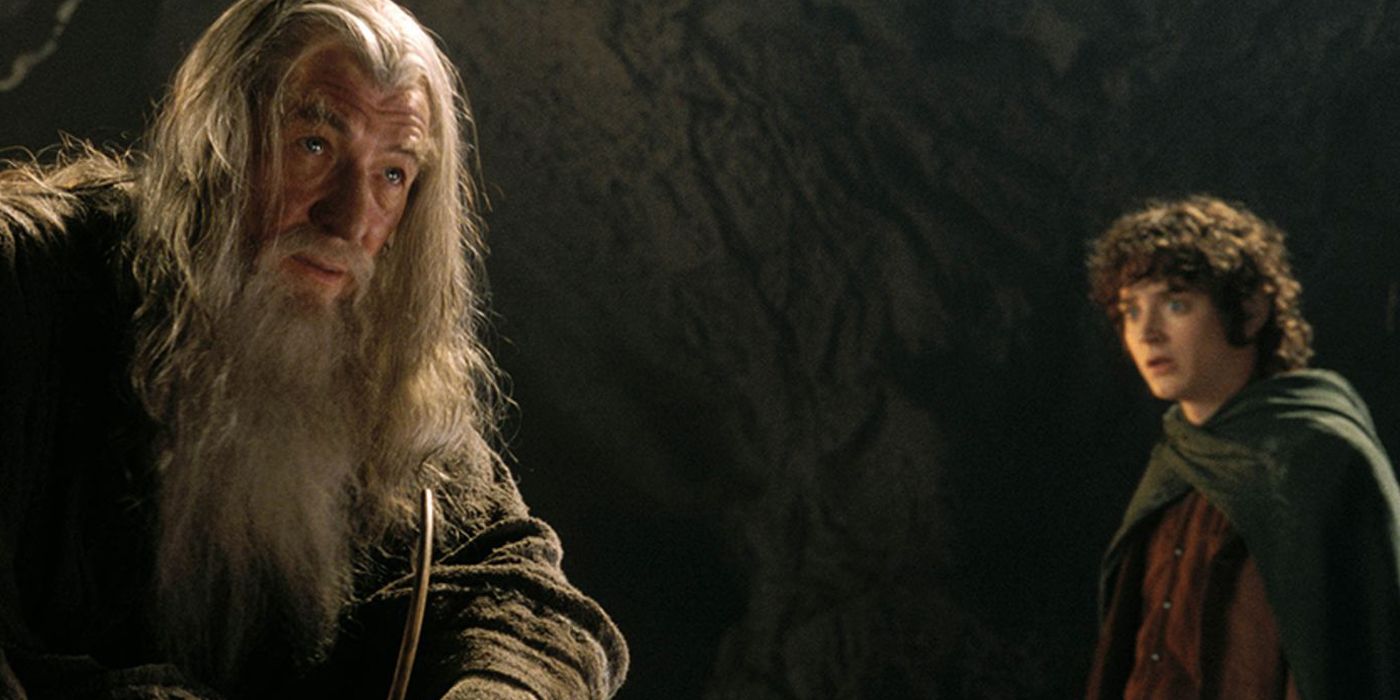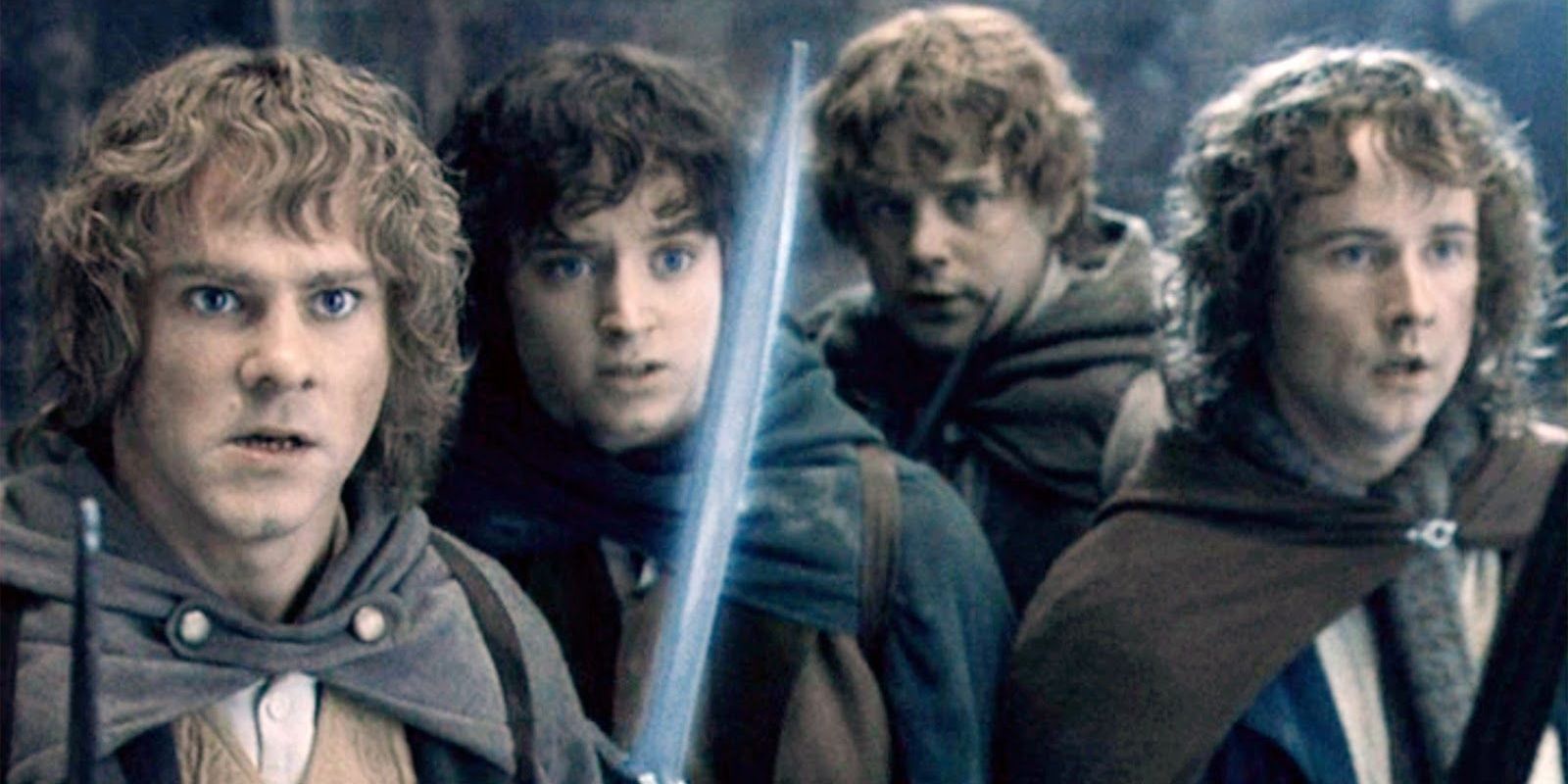The Lord of the Rings: The Fellowship of the Ring was released 20 years ago, and it still lives in the hearts of moviegoers and fans alike as a win for cinema. Combined with The Two Towers and The Return of the King, the cinematic experience survives as one of -- if not the greatest -- film trilogies of all time.
When Peter Jackson presented the first chapter of the adaptation of J. R. R. Tolkien’s beloved book trilogy in 2001, Hollywood was in a real buzz. The almost unknown director was invading the market with a game-changer of three movies, which had already been filmed back-to-back over 438 days in New Zealand. Although back-to-back filming had been done before, it was uncommon for big-budget productions of this scope. Many considered The Lord of the Rings impossible to adapt to screen, but the director’s confidence and passion were combined in a unique accomplishment that makes this trilogy one of the best ever made.
Jackson convinced New Line Cinema to back a trilogy production after bitter relations with Harvey Weinstein and Miramax, who wanted the director to reduce the project to only two installments. The Fellowship of the Ring was well received by critics and audiences alike. No one had seen a fantasy film with such an ambitious production, jaw-dropping sets, impressive cinematography and outstanding score. The director’s vision was also supported by his refined screenwriting, together with Philippa Boyens and Fran Walsh.
The use of big constructed sets and small models was wonderfully combined with the natural background of the versatile New Zealand landscape. The attention to detail in props, weapons, production design, hair and makeup was so precise that even today it is quite overwhelming. The scale and ambition of the project proved that nothing was left aside. The cast and crew drove the films to an epic of fantastic level.
Perhaps the trilogy's best quality is its modern classic feeling. The filmmakers crafted iconic moments like the bridge of Khazad-dûm scene, the battle of Helm’s Deep and the Battle of Pelennor Fields, plus iconic lines and characters that would initiate a profound cultural impact in cinema. Not to mention each actor became connected to their performances: Elijah Wood, Sean Astin, Dominic Monaghan and Billy Boyd will always be the four Hobbits who, together with an impressive cast, journeyed through Middle-earth to defeat evil.
Elijah Wood recently told The Hollywood Reporter that he feels thrilled that the trilogy is still watched by younger generations who, after all these years, are able to connect with The Lord of the Rings movies while “finding something in them that they love, too.” Reflecting on the outcome, Wood shared how his experience making the films was unique to him as an actor while for the rest of the world, “there are the movies themselves and their impact culturally.”
Making the case for the best trilogy is also the number of awards the films were granted. Combined, the three movies were nominated for 30 Academy Awards and won a total of 17. The Return of the King alone won 11 Oscars, the same number for which it was nominated, a feat only repeated by Titanic and Ben-Hur -- an outstanding accomplishment for the fantasy genre.
Furthermore, the films’ message remains as contemporary as when Tolkien first wrote the book trilogy, delivering a message of unity and hope in the midst of troubled times. The author survived a plague, witnessed two World Wars and the effects of the Great Depression before finishing The Return of the King.
Twenty years ago, the world was watching the impact of September 11 and how it changed lives. Today, the dividedness amidst a global pandemic is threatening the next decade. As such, it’s time to revisit this message. The impact of The Lord of the Rings is huge, whether in written form or cinematic. As Elijah Wood said about the films' impact, “It is bigger than all of us.”




